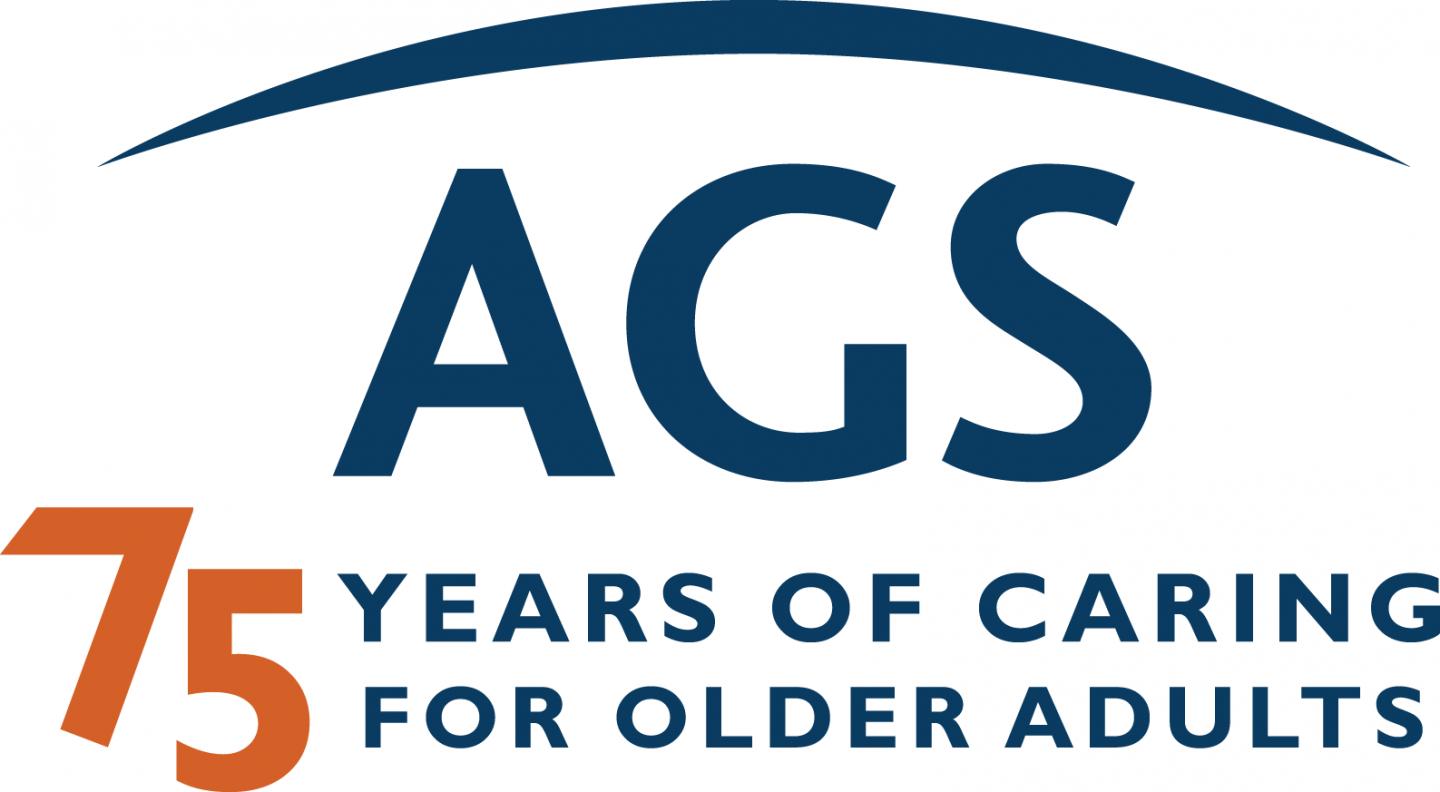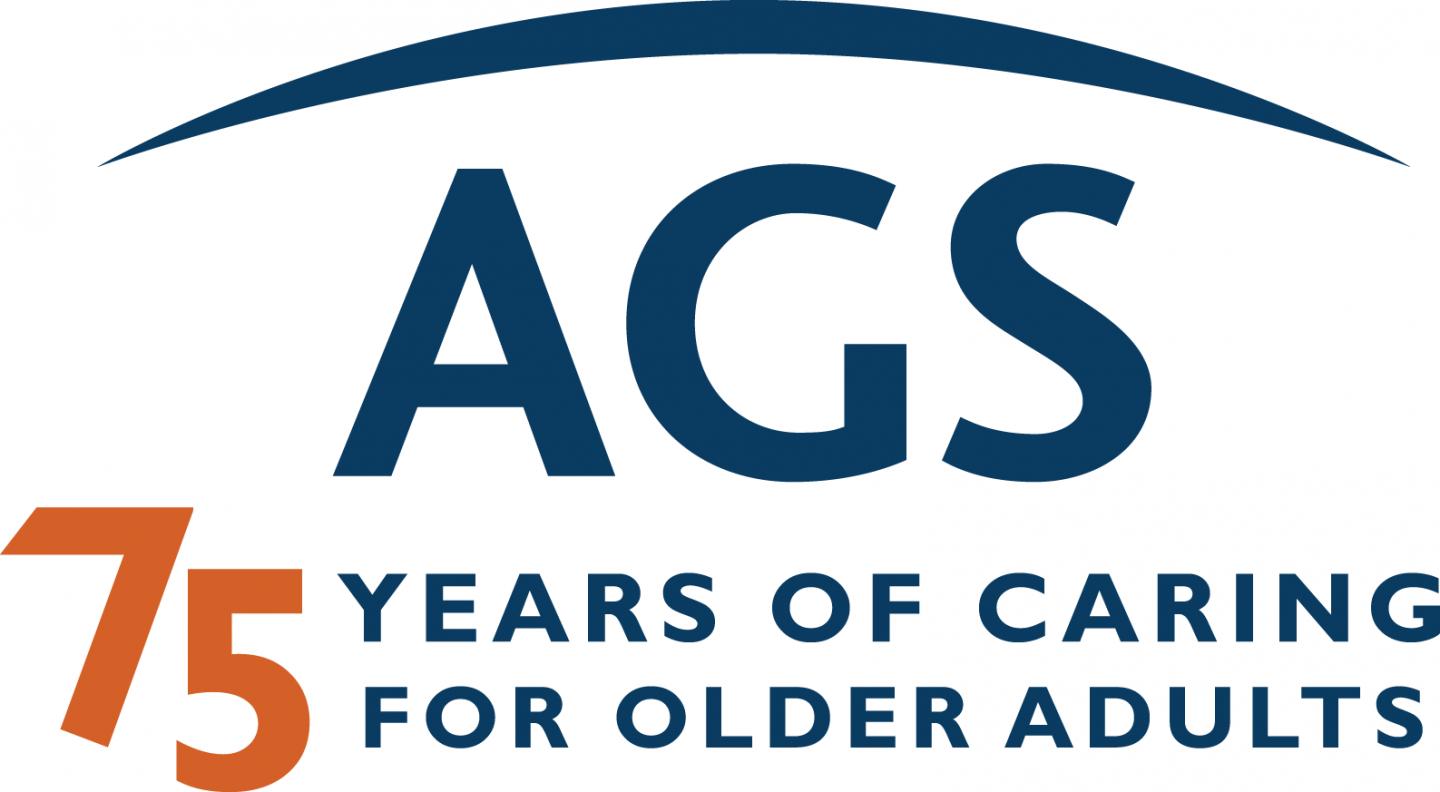
Credit: (C) 2017, American Geriatrics Society
Without a substantial increase in federal funding for geriatrics education and research we risk further decimating a workforce that is essential to training health professionals on the unique healthcare needs of older adults, say researchers reporting on the impact that Geriatrics Academic Career Awards (GACAs) have had on geriatrics academic careers, health professional training, and the care of older adults. In an article for the Journal of the American Geriatrics Society, interprofessional experts looked at the impact of the GACA program, which served as a vital resource for more than 200 geriatrics clinicians and educators before it was eliminated as part of a consolidation of several geriatrics training programs in 2015.
Qualitative and quantitative results from the research team's survey of GACA recipients point not only to a growing need for geriatrics skills but also to the importance of dedicated time and financial support to develop emerging geriatrics faculty for training a U.S. healthcare workforce with the skills and knowledge to optimally care for older adults:
- The 220 GACA recipients have trained between 41,000 and 65,000 health professional colleagues since 1998.
- Ninety-six percent of survey respondents cited GACA-supported opportunities for educational and academic development, professional development, and leadership development as being primary contributing factors to their career success.
- More than 90 percent of respondents noted that the award improved their teaching, leadership, and collaborative skills. More than 80 percent of the respondents also were promoted during or after receiving GACA funding.
- More than 80 percent of respondents reported leveraging the GACA to "protect" dedicated time for developing courses, workshops, publications, and other training activities that would not have been possible without GACA support. As one respondent observed: "My entire career was influenced positively by the GACA. I was given protected time to develop curricula, to network with other educators, to receive training, and to become a more effective educator."
- Respondents firmly believed that their GACA work enhanced care quality for older adults and caregivers across the U.S. More than 50 percent of the GACA awardees surveyed reported an improvement in their provider skills and education. Nearly a quarter of respondents also were confident their efforts tangibly improved clinical care, satisfaction with the health system, and health outcomes for older men and women.
Against this backdrop, it is becoming clear that eliminating this separate funding stream in support of academic career development has had consequences for geriatrics clinician-educators. One consequence reiterated by several GACA awardees was that it would be "incredibly challenging for new faculty to have the time and financial means to engage in curriculum development, teaching, program leadership, [and] professional development." Put more bluntly by one survey respondent: "The GACA in many ways made my career possible. As a minority female, it gave me entrance into an academic world that often seems unattainable and closed."
"Our findings suggest that the GACA program has had a significant impact on the academic clinicians who held the award, and that the awardees themselves have provided training that supports health professionals in delivering high-quality, person-centered care to older adults in the here-and-now," notes Kevin Foley, MD, part of the research team responsible for the study. "Restoring the GACA as a separately funded program under Title VII is important to creating the workforce that we need to care for older Americans."
"The GACA program is an important parallel effort to the current Geriatric Workforce Enhancement Program (GWEP), a newer initiative that has funded 44 centers in 29 states," notes Nancy Lundebjerg, American Geriatrics Society (AGS) Chief Executive Officer. "The GWEP is focused on helping to transform primary care for older adults by providing geriatrics training. The GACA program focuses on developing the geriatrics academic workforce that is required to ensure our entire healthcare workforce has the competency to care for older Americans. The AGS believes that both programs must be funded in the 2018 federal budget if all Americans are to have access to high-quality, person-centered care."
###
Established in 1998, the federally funded GACA program has provided vital support for career development for more than 200 junior level clinician-educators in geriatrics. Due to Congressional cuts, the program was suspended in 2006, and restored in 2007 thanks to extensive advocacy by AGS and other organizations. As the new Congress and the Trump Administration consider budget prospects for 2018, geriatrics experts and stakeholder groups like the AGS continue to stress that expert training and enhanced skills in geriatrics for all healthcare professionals will be nothing short of essential to us all as we age. The AGS, in collaboration with other stakeholders, is advocating for increased funding for the GWEPs and for restoring the GACA program as a separately funded career development awards program administered by the Health Resources & Services Administration (HRSA).
About the American Geriatrics Society
Founded in 1942, the American Geriatrics Society (AGS) is a nationwide, not-for-profit society of geriatrics healthcare professionals that has–for 75 years–worked to improve the health, independence, and quality of life of older people. Its nearly 6,000 members include geriatricians, geriatric nurses, social workers, family practitioners, physician assistants, pharmacists, and internists. The Society provides leadership to healthcare professionals, policymakers, and the public by implementing and advocating for programs in patient care, research, professional and public education, and public policy. For more information, visit AmericanGeriatrics.org.
Media Contact
Daniel E. Trucil
[email protected]
212-822-3589
@AmerGeriatrics
http://www.americangeriatrics.org/
Original Source
http://www.americangeriatrics.org/press/news_press_releases/id:6870 http://dx.doi.org/10.1111/jgs.14884





